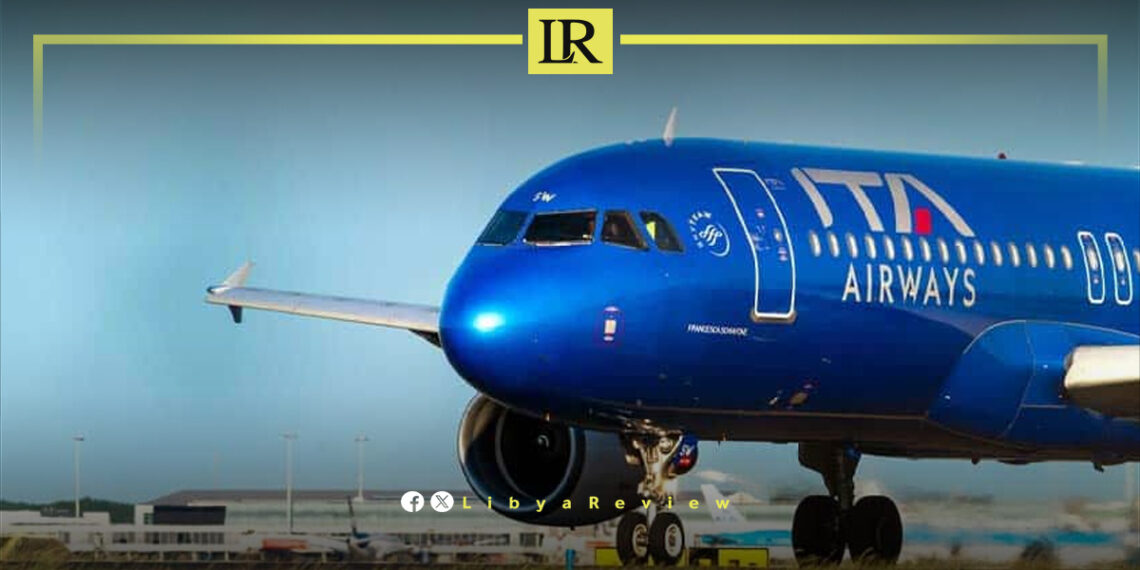After more than ten years, Italy and Libya are set to resume direct commercial flights starting tomorrow, Sunday. The first flights will be operated by ITA Airways from Rome Fiumicino Airport to Tripoli, coinciding with a flight by Libyan airline Medsky.
In a statement, Pierluigi Di Palma, President of the Italian Civil Aviation Authority, emphasized the significance of this development, highlighting that the friendship between Rome and Tripoli is being strengthened through this direct connection. According to Di Palma, the resumption of flights will open doors for enhanced cultural, economic, and trade relations that benefit both nations.
Di Palma also underscored the role of air transport as a bridge uniting diverse cultures and fostering exchanges and relationships between nations for the collective growth and well-being of all.
To mark this occasion, an inaugural ribbon-cutting ceremony will take place tomorrow at both Rome’s Fiumicino Airport and Tripoli’s Mitiga Airport, as announced by the Italian Civil Aviation.
Libya has been in chaos since a NATO-backed uprising toppled longtime leader Muammar Gaddafi in 2011. The county has for years been split between rival administrations.
Libya’s economy, heavily reliant on oil, has suffered due to the ongoing conflict. The instability has led to fluctuations in oil production and prices, impacting the global oil market and Libya’s economy.
The conflict has led to a significant humanitarian crisis in Libya, with thousands of people killed, and many more displaced. Migrants and refugees using Libya as a transit point to Europe have also faced dire conditions.
The planned elections for December 2021 were delayed due to disagreements over election laws and the eligibility of certain candidates. This delay has raised concerns about the feasibility of a peaceful political transition.
Despite the ceasefire, security remains a significant concern with sporadic fighting and the presence of mercenaries and foreign fighters. The unification of the military and the removal of foreign forces are crucial challenges.


